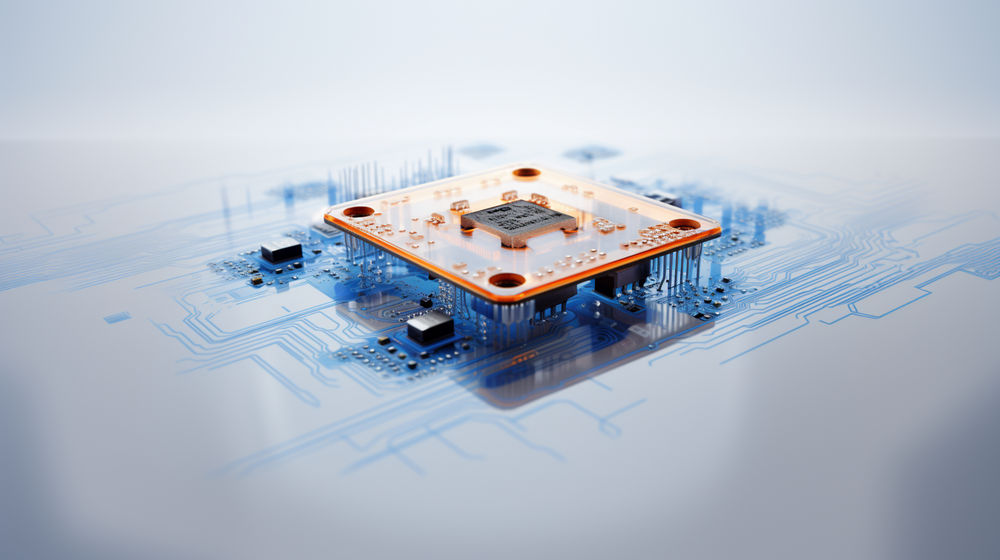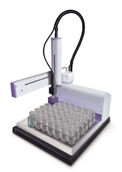NREL research advances understanding of photoelectrodes
Advertisement
Scientists at the Energy Department's National renewable energy Laboratory (NREL) have developed a new probe that could lead to a better photoelectrochemical cell.
Ye Yang and Jing Gu are lead authors of the paper. NREL colleagues, James Young, Elisa Miller, John Turner, Nathan Neale and Matthew Beard also contributed to the research.
Photoelectrochemical cells can be used to convert solar energy into transportable chemical fuels. The photoconversion process employs a semiconductor photoelectrode where photoexcited electrons move to the surface of the electrode to drive chemical reactions, such as reduction of water to produce hydrogen.
As the charges move, fields are formed within the photoelectrode. The NREL team developed a spectroscopic probe that for the first time allows the formation and decay of these fields to be monitored directly.
The NREL researchers used the new probe to better understand the photophysics of photoelectrodes made from the semiconductor gallium-indium-phosphide (GaInP2). Previous work at NREL used GaInP2 as part of a high-efficiency water splitting system to generate hydrogen from sunlight. By using the newly developed probe, the scientists uncovered the role that a titanium dioxide (TiO2) / GaInP2 interface plays in the photoconversion process.
The new measurement tool could lead to improvements in how photoelectrodes are designed to make them more efficient and more stable.
Additional research is needed, including the incorporation of a catalyst on the surface of the TiO2, where this technique can be used to understand the role of the catalyst in the hydrogen production reaction.
Original publication
Other news from the department science
These products might interest you
Most read news
More news from our other portals
See the theme worlds for related content
Topic world Sensor technology
Sensor technology has revolutionized the chemical industry by providing accurate, timely and reliable data across a wide range of processes. From monitoring critical parameters in production lines to early detection of potential malfunctions or hazards, sensors are the silent sentinels that ensure quality, efficiency and safety.

Topic world Sensor technology
Sensor technology has revolutionized the chemical industry by providing accurate, timely and reliable data across a wide range of processes. From monitoring critical parameters in production lines to early detection of potential malfunctions or hazards, sensors are the silent sentinels that ensure quality, efficiency and safety.































































